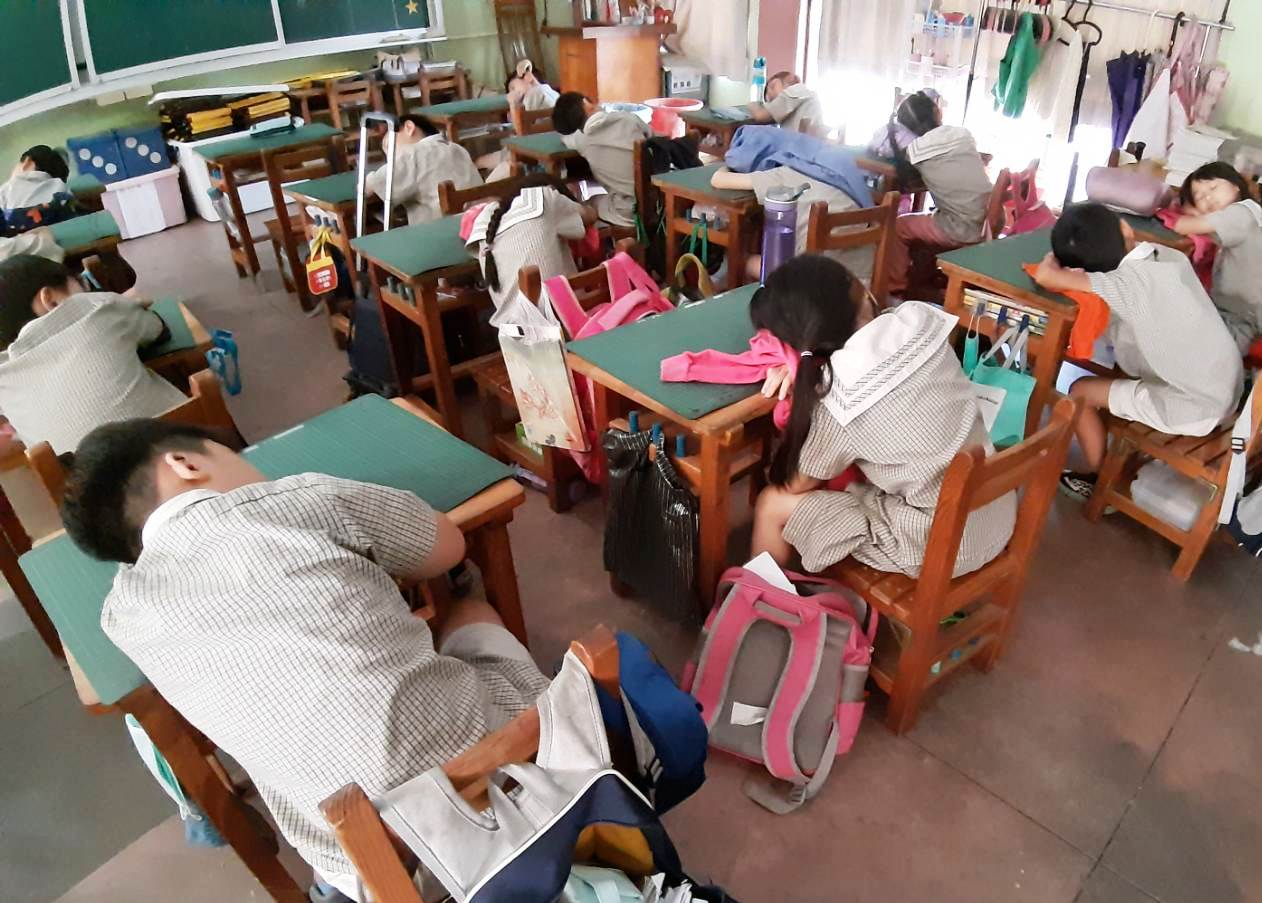The controversy surrounding Shuizhai Middle School in Guangdong province, China, has sparked a heated debate about the responsibilities of educational institutions and the mental well-being of students.
The school’s decision to make students sign a “suicide disclaimer” drew widespread criticism and raised questions about ethical practices in education.
The Incident and Its Fallout
Located in Wuhua County, Shuizhai Middle School faced public outrage when it was revealed that students were asked to sign a letter absolving the school of any blame in the event of self-injury or suicide. This controversial document came to light through a concerned parent who alerted authorities, as reported by the Yangcheng Evening News.
The commitment letter included pledges from students to cherish life and maintain an optimistic attitude. However, it also stated that if a student were to self-harm or take their own life, neither the school nor its staff would bear any responsibility.
Instead, accountability would fall solely on the student and their guardians. This approach was widely criticized as an attempt to shift responsibility away from the institution rather than addressing underlying issues.
Read : Indonesian Govt Tells Ranchers to Import 400,000 Head for School Meals Programme
The backlash prompted an investigation by the local Education Department in December. Authorities found the contents of the disclaimer to be inappropriate and ordered the school to rescind the document.
Read : 20-Year-Old Gunman Who Fired at Trump Was Rejected from School Rifle Team
The department also mandated the school to clarify the situation to students and parents, emphasizing the need to improve educational practices and prioritize students’ psychological health.
Public Reaction and Ethical Concerns
The incident ignited a storm of criticism on social media and among education experts. Many netizens expressed outrage, labeling the school’s actions as morally unacceptable. Comments ranged from disbelief to strong condemnation, with some accusing the school of evading its responsibility to create a safe and supportive environment for students.
“This school has crossed all moral boundaries. Its actions are beyond my imagination,” wrote one user. Others called for greater efforts to prevent tragedies, highlighting the importance of proactive measures over reactive disclaimers.
One commenter remarked, “The school should try to prevent tragedies like self-injury or suicide from happening rather than relying on a promise letter to shirk its responsibilities.”

The incident also raises broader ethical questions about the role of schools in addressing mental health. Critics argue that such disclaimers undermine trust between students, parents, and educators, while failing to address the root causes of mental health challenges faced by students.
The Shuizhai Middle School incident serves as a stark reminder of the consequences of neglecting these responsibilities. It underscores the need for a cultural shift in how educational institutions approach mental health, moving away from punitive or dismissive practices toward compassionate and constructive solutions.
In response to the incident, the local Education Department pledged to improve psychological education across the region. Authorities emphasized the importance of addressing students’ mental health needs and fostering a supportive educational environment. This commitment is a step in the right direction, but it must be accompanied by tangible actions and sustained efforts.
Schools must recognize their pivotal role in shaping the mental and emotional well-being of future generations. By prioritizing mental health and fostering a culture of care and support, they can help prevent tragedies and build resilient, thriving communities.
The Shuizhai Middle School controversy has sparked important conversations about the responsibilities of educational institutions and the urgent need for systemic changes.
As this debate continues, it serves as a call to action for educators, policymakers, and communities to work together to ensure that every student receives the support and care they need to succeed.

